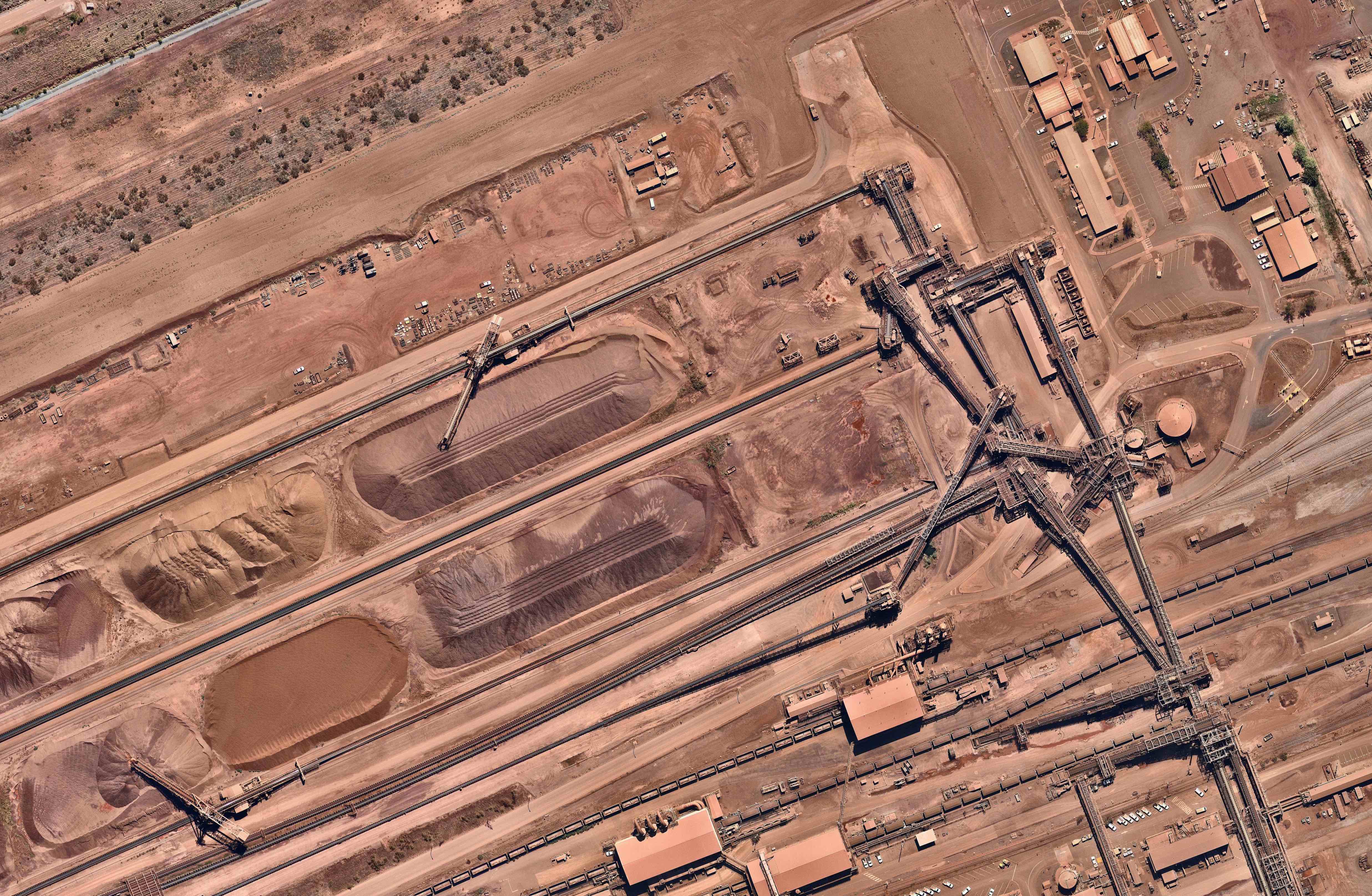
Politics & Society
Why do we measure everything and value nothing?

Capitalism’s limitless growth on a finite planet means the economic system we take for granted could end soon. If so, transformative and sustainable change must come from grassroots action
Published 21 February 2019
It may seem as though capitalism has always been a part of the Western world, but that’s not true. Although the concept has some roots in the Ancient world, capitalism as a system dates only from the 16th century.
Now, some 500 years later, there’s increasing discussion arguing for, or simply forecasting, a post-capitalist society.

Capitalism is locked into an economics of growth that is undermining the environmental foundations of life on Earth – that is, capitalism is ecocidal. And this has become the defining contradiction of capitalism in the twenty-first century.
As a result, this “growth imperative” alongside our own planet’s limits is likely to bring capitalism to an end in coming decades.
So, if capitalism as we know it is destined to end, it seems now is the time to put our minds to how the transition beyond capitalism could or should transpire. It’s obviously better to plan for this momentous occurrence rather than have capitalism merely grow itself to death, only to leave heightened chaos and suffering in its wake.

Politics & Society
Why do we measure everything and value nothing?
This theory of change is something we explore in our new book, Degrowth in the Suburbs. These potential disruptive changes can be in the interests of people and planet, but only if communities get active now, designing their own post-capitalist futures from the grassroots up.
Changing societal structures is necessary, but will only happen if grassroots movements demand this.
With respect to the wealthiest nations, including Australia, the unsustainability and injustice of continued economic growth is a bleak picture.

The global economy is currently in gross ecological overshoot, by a vast array of indicators, so the richest nations cannot justify taking even more. If the whole world consumed like Australians, we’d need more than four planets to meet our resource demands and absorb our waste streams.
Meanwhile, billions of people around the world remain in destitution, and lifting these people out of poverty will almost certainly place more burdens on already over-burdened ecosystems.
The global population, currently at 7.7 billion, is expected to reach 9.8 billion by mid-century and more than 11 billion by the end of the century. And, despite decades of extraordinary technological advances and efficiency improvements, the global economy is continuing to make ever greater demands on planetary ecosystems.

Business & Economics
The end of sustainability
In short, hopes of ‘green growth’ have failed.
Ecological economists, such as Professor Tim Jackson, have shown that efficiency gains tend to be reinvested in more growth and consumption, not reduced impacts.
In order to resolve these mounting social and ecological crises, the world’s wealthiest nations need to initiate a ‘degrowth’ process of planned economic contraction, in order to leave some ecological room for the poorest to meet their needs.
This may not be likely, but it is necessary.
Today’s growth paradigm is on an ecocidal collision course with planetary limits. Nevertheless, there are at least five reasons why capitalism is essentially locked into the pursuit of growth - the environment be damned.

The first is a micro-economic growth imperative. Within capitalism, corporations must endeavour to maximise profits and productivity or risk being pushed out of the market by more ambitious or ruthless market competitors.
The second growth imperative is debt related and has two dimensions.
Currently money is loaned into existence as interest-bearing debt, and in order to pay back the debt, plus the interest, this implies an expansion of the monetary supply. Trillions of dollars of debt has been taken on in recent decades, so more than ever, the system needs growth for stability. Otherwise debts stop being repaid and the system collapses, which is almost what happened in 2008.

Environment
Engineering plants for a sustainable future
And so the golden rule of capitalism is: grow or die.
The third reason capitalism is inherently growth-orientated is because it is in the self-interests of the most powerful actors in the global economy.
At least since Marx, there has been a line of critical theory that sees the state as merely a tool for securing and advancing the interests of the richest agents or institutions in society. On those grounds, it can be argued that capitalism is structured to maximise growth because the most powerful actors in society demand as much.
The fourth growth imperative, related to the previous one, concerns the forces of globalisation.
Not only are nation-states today constrained by numerous international trade agreements and powerful global institutions, but the free flow of capital around the globe has given new power to transnational corporations with the ability to move their financial resources from country to country with unprecedented ease.

If a government were to create unattractive financial conditions for big businesses, these corporations would threaten ‘capital flight’, and even the threat of this is enough to constrain government policy. So we see governments not daring to step too far out of line.
Finally, and perhaps most significantly, there is the geopolitical incentive to maximise economic growth. A larger economy means more wealth to invest in military forces. Governments will never voluntarily ‘degrow’ an economy because they will never voluntarily weaken their relative power relations.
Capitalism needs what it cannot have: limitless growth on a finite planet. This is the ecological contradiction that will bring an end to capitalism, probably sooner rather than later.

Environment
How to prevent cities from drying up
Given that governments are both unable and unwilling to transcend the growth economics of capitalism, it follows that any movement for justice and ecological reconciliation with Earth must be driven ‘from below’, by grassroots action that builds a post-capitalist society within the shell of the old.
In broad terms it would involve radically downshifting levels of consumption in order maximise freedom and resilience; redirecting energies toward increasing home-based and local production; engaging ‘beyond the market’ in the informal and non-monetary economies, including increased sharing of resources and goods; and organising collectively for distributive equity and collective sufficiency, especially as economic contraction takes hold.
This is not to suggest that the grassroots level of household and community action is necessarily the ideal sphere of societal transformation (an open question); it’s only to acknowledge that if governments will not embrace a post-capitalist economy of degrowth, then the grassroots level is the only remaining sphere of transformative potential.
There’s also the structural or systemic problems (especially access to land and affordable housing) that must be resolved in any just transition beyond capitalism.
But there will never be a politics or macroeconomics beyond growth until there is a culture of sufficiency that demands this. Put otherwise, a post-growth state may only ever be the outcome, not the driving force, of a movement for degrowth.
“Degrowth ‘from below’? The role of urban social movements in a post-capitalist transition”, a research paper by Dr Samuel Alexander and Professor Brendan Gleeson, is available here.
Banner image: Getty Images